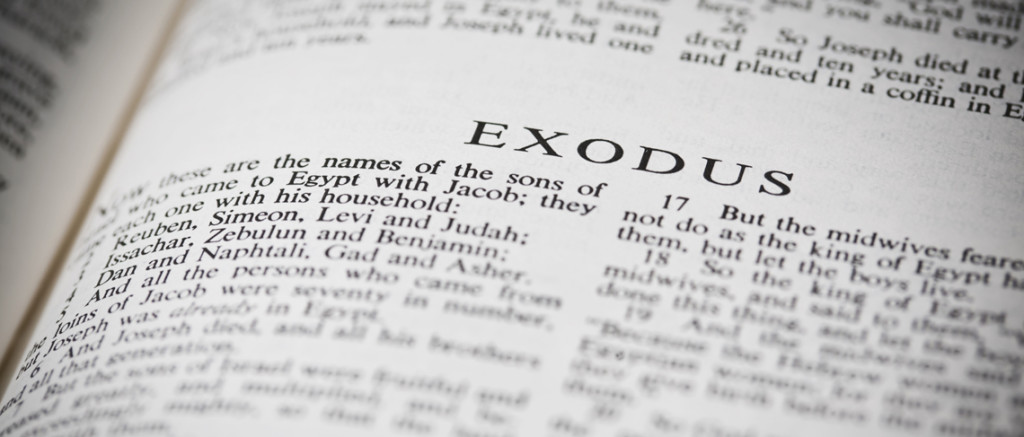Exodus dramatically opens with two unlikely female champions of a heroic resistance against the Egyptian government. These women, Shiphrah and Puah, were so important that in a story that is difficult to date specifically because the Pharaoh was not personally named, God made sure that their names would always be remembered.
There are two cases of gendercide (mass killing based on gender) recorded in scripture. The first is here in Exodus, the second is the gendercide that Herod ordered while trying to kill infant Jesus in the New Testament. In both cases, a leader was trying desperately to hold onto his power.
Many years passed between Joseph’s death and the exodus of the Hebrew people. During that time, the children of Israel multiplied greatly. If we think of them only as peaceful shepherds following their sheep around the wilderness, we might find it difficult to understand why the Pharaoh would be so threatened by them that he would order the Hebrew midwives to murder all of the innocent baby boys as they were being born, but there is another theory to consider.
Some scholars suggest that the Hebrew people were not just herding sheep in the wilderness. They had settled in the area of Goshen, which is on the border of Egypt and Canaan. There is a theory that when skirmishes erupted on the border, the Jewish people were on the front lines of the fight. They weren’t just large in numbers, they had become skilled warriors and physically strong people. This might better explain why they had become such a threat to the Egyptian government (and why they were able to do such physically taxing work, like building cities, and continue to grow as a nation). As long as they were fighting for Egypt, everything was fine. But what would happen, Pharaoh wondered, if they ever turned on the Egyptians? Pharaoh ordered Shiphrah and Puah to kill all of the baby boys before they ever got the chance.
Shiphrah and Puah realized an essential truth: just because something is the law doesn’t make it right. Exodus 1:17 says, “But the midwives feared God and did not do as the king of Egypt commanded them, but saved the male children alive.” They are at the beginning of a long line of resisters who feared God enough to fight for justice. Behind them in line we might find Harriette Tubman, William Wilberforce, William Sell, Corrie Ten Boom, Lila Rose, David Daleiden and countless others whose names may have been lost to history, but are not lost to God. I hope our names are on this list too.
According to the New American Commentary, “They (Shiphah and Puah) were to be regarded as heroes in Israel’s early history—so noteworthy for their bravery in choosing to obey God rather than Pharaoh that they deserved to be remembered so that others might follow their example.”
As long as there are 150,000,000 million orphans in the world, more human slaves than at any other time in history, and 42 million abortions performed worldwide each year, the world will need Shiphah’s and Puah’s. Will we follow their example? I pray we will.
(For those who have missed any of the previous lessons, you can go to https://comethirstyministry.com/blog/ and view all previous postings.)
Week Nine
Day 1: Genesis 37:1-36 (Rebekah and Leah)
Day 2: Genesis 38:1-30 (Tamar)
Day 3: Genesis 39:1-23 (Potiphar’s Wife)
Day 4: Exodus 1:1-22 (Hebrew Midwives)
Day 5: Exodus 2:1-25 (Moses’ Mom and the Princess)
